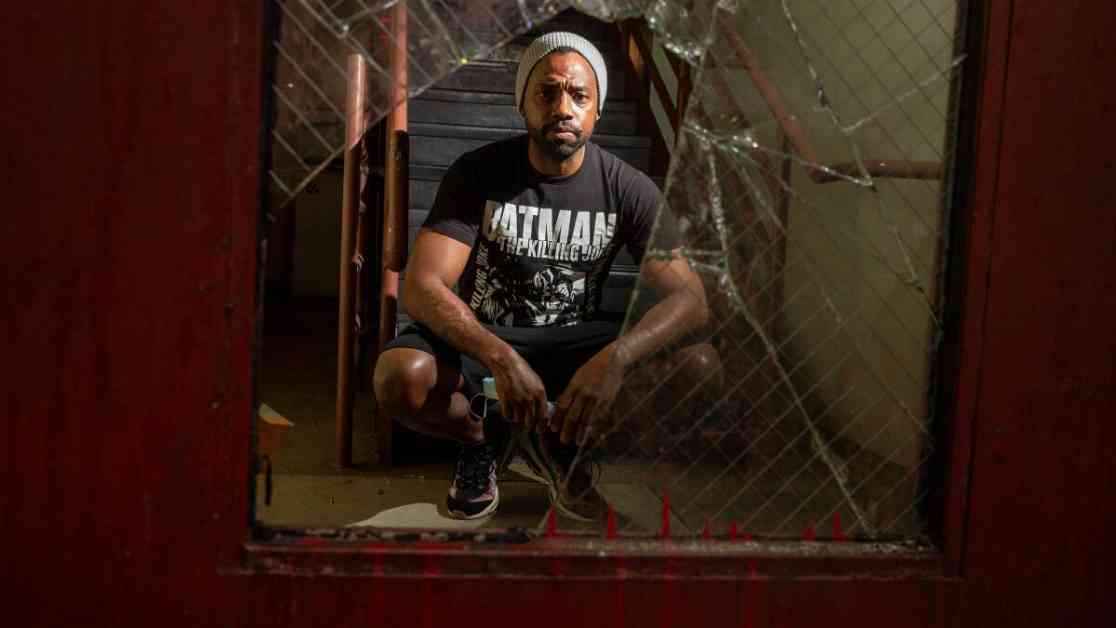Supportive Housing in Los Angeles on the Verge of Collapse
In a recent report on the demise of one of Skid Row’s largest homeless housing providers, it was revealed that the failure of the organization serves as a dire warning for the viability of supportive housing in Los Angeles. The report, titled “Redesign Required: Lessons for Permanent Supportive Housing from Skid Row Housing Trust Buildings,” was released on Wednesday and highlights the role of low and inconsistent rental subsidies and other structural issues in L.A.’s homeless housing systems in the trust’s collapse in 2023.
The collapse of the Skid Row Housing Trust, which once held a prominent position as a national leader in homeless housing, came after years of financial struggles. The organization announced in early 2023 that it could no longer manage its 2,000 units across 29 properties, many of which were renovated single-room occupancy hotels in and around Skid Row. The buildings were plagued with issues such as disrepair, squatters, crime, nonfunctional elevators, and clogged toilets. City leaders in Los Angeles ultimately pushed the trust into receivership, and after 18 months, all the properties were transferred to new owners at a significant cost to taxpayers.
The report, funded by the Conrad N. Hilton Foundation, sheds light on the financial challenges faced by the trust, including the insufficiency of public rental subsidies to cover the costs of managing the buildings. The report notes that all trust properties were running annual deficits, with newer buildings facing deficits of nearly $1 million once long-term maintenance expenses were factored in. The calculation of rental subsidies was deemed inconsistent and cryptic, with varying rates paid for different units without a clear justification for the discrepancies.
Despite the challenges faced by the trust, the report does not offer a definitive understanding of its failure. Questionable decision-making, financial mismanagement, and unstable leadership were cited as contributing factors to the organization’s downfall. Joanne Cordero, the trust’s final CEO, who took over during its spiral in late 2022, was a co-author of the report.
Moving forward, the report suggests that local leaders should reevaluate the decision to house individuals with severe health issues in single-room occupancy hotels. The report also calls for an overhaul of the region’s system for funding supportive housing to ensure that rent subsidies are sufficient to cover the costs of providing social services. While this solution may require significant funding boosts at the federal level, the report emphasizes the importance of standardizing subsidies to reduce variability and ensure the long-term sustainability of supportive housing in the region.
In conclusion, the collapse of the Skid Row Housing Trust serves as a warning sign for other supportive housing providers in Los Angeles. Without significant changes to the current system, thousands of vulnerable residents could be at risk of losing their housing, and taxpayers may be exposed to further financial burdens. It is crucial for federal, state, and local leaders to take proactive measures to prevent similar situations from occurring in the future and to ensure the stability of the supportive housing system in Los Angeles.


